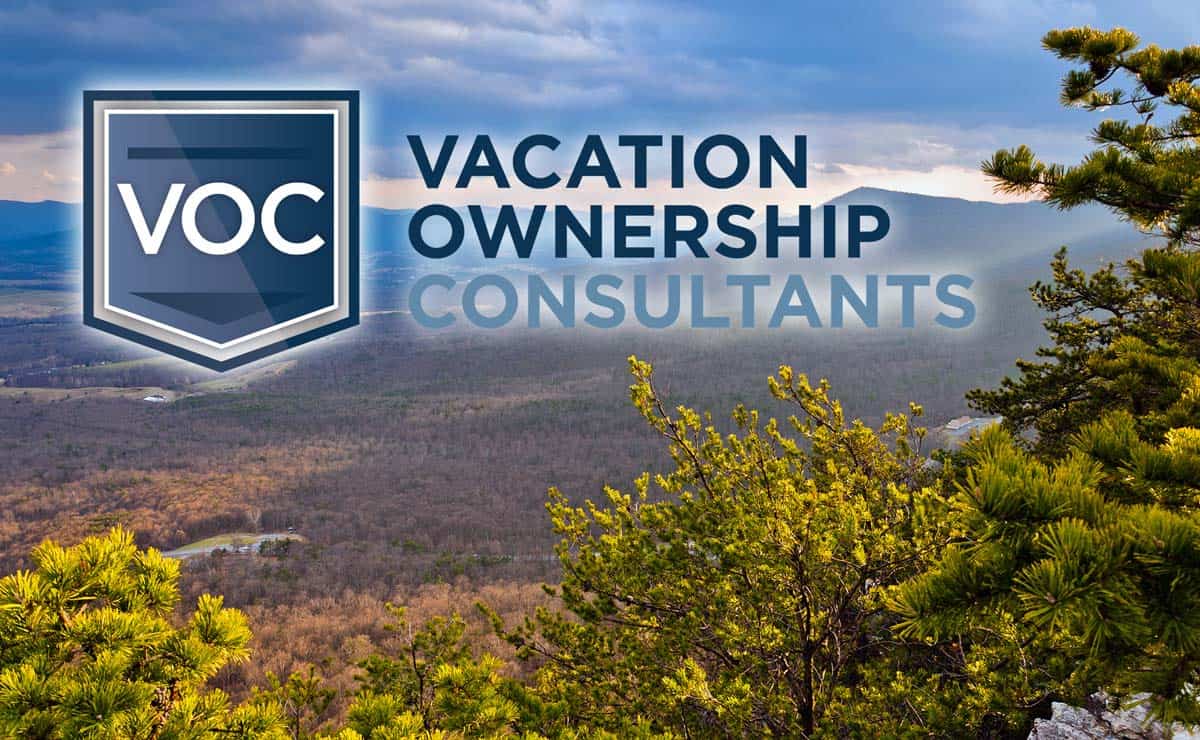Ever since the 1960’s, the timeshare industry has been humming along. The development of new properties and the intriguing sale of vague opportunity has kept the business booming for a while now. But the growth of ideal travel arrangements has resulted in more consumers losing interest in and become less gullible for fractional ownership. Moreover, resorts themselves have begun to look into other booking sources to fill their rooms throughout the year.
Why Would Resorts Move on From Timesharing?
If you’re unaware of the actualities of timeshare travel, you have to understand why owners want to get out of timeshare contracts in the first place. Aside from the cost being more than anticipated, many are unable to book during ideal times of year. Resorts intentionally limit the availability because they make far more from retail customers during peak seasons. Although timeshare salesmen tell buyers they can book during certain dates, it’s rarely true.
When owners are tired of paying for something that doesn’t benefit them, the resort suffers as well. Unhappy buyers that cancel their agreements not only hurt vacancy, but the reputation of the resort as well. Although the complaints of timeshare owners tend to create more headlines, resort owners are beginning to grow tired of bait and switch sales tactics too. The problem is, their decision to withdraw timeshare units has its drawbacks as well.
Cutting Ties With Timesharing Impacts VA Community.
Earlier this year, the Massanutten Property Owners Association (MPOA) was notified by the Great Eastern Resort Management team that some weekly intervals would be terminated from their offering by the end of 2019. Since the MPOA expects to incur revenue loss from the removal of the Shenandoah Villas and Summit Eagle Trace Timeshare Owners Associations, current property owners are worried.
When it comes to operating a timeshare destination, a constant flow of new sales is required to keep the enterprise afloat. Instead of investing in the experience to retain customers, they like to invest in sales strategies that trap them. They then count on their annual payments to cover general costs and these extravagant sales campaigns. Sometimes, costs are parlayed to the community when the unexpected occurs.
If a timeshare company loses a large base of expected revenue streams (fractional owners), the amount of money they set aside to charge for “special assessments” is normally spread out amongst remaining owners. So, you can imagine why property owners surrounding the Kettle area ski resort are hoping for the best. They don’t know what to expect because annual assessment fees aren’t always exactly clear to begin with.
Regardless, the MPOA was expecting Great Eastern to cover $337K for this year’s annual special assessments and another $80K for the local police department and road maintenance. One property owner has already spoke up on everyone’s behalf by simply stating, “We don’t want to pay more money.” It’s easy to presume they’d sing a different tune if there was any sense of community at the resort. But that’s just not the norm. Many timeshare owners struggle to afford the purchase and the local community tends to be negatively impacted as a result.
The property owner went on to say, “There are many families here who are able [to pay but] there are many working families here who live check-to-check and can’t afford a huge increase.” Either way, it’s not exactly fair to punish those who’ve paid their dues because of a failed business opportunity. Especially when timeshares are failing because of a poor overall experience and the liabilities that come with the purchase.
Finding Resolve in Massanutten, Virginia.
Over the past few months, the board of directors in the Rockingham County, Virginia town have been trying to find a viable solution. They even invited property owners to meetings to discuss the special assessments and share their opinions. Another property owner went on record saying, “We need to do what’s best for this community and we need to look at every option before making any decisions.”
While suggestions have ranged from charging more for events and attractions to eliminating the police department altogether, the board of directors is in no hurry to make a decision. Since the initial meetings took place, they’ve formulated a task force consisting of volunteers and legal teams to discuss all options. While finances were discussed on August 13th, they’ve yet to come to a definitive solution.






